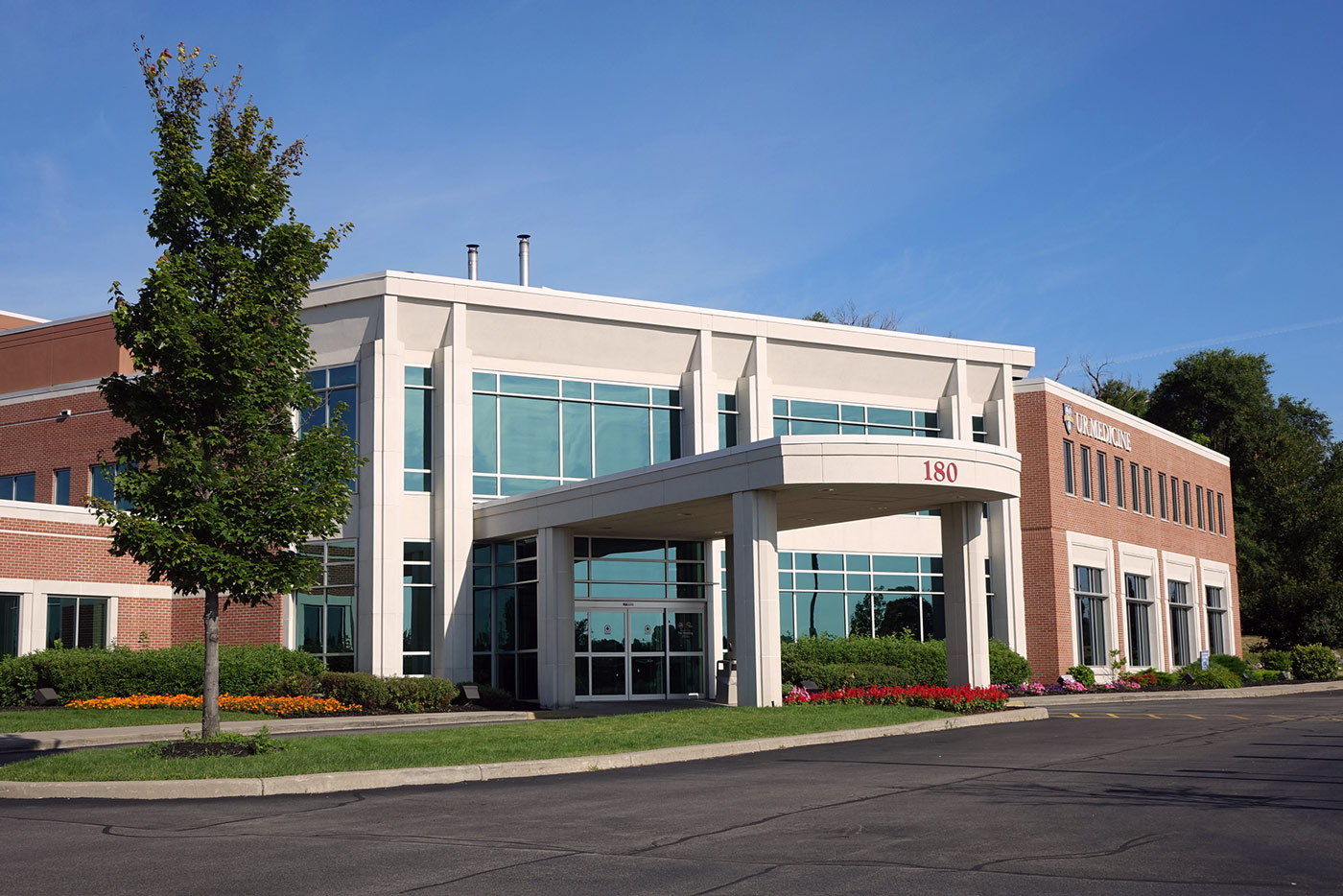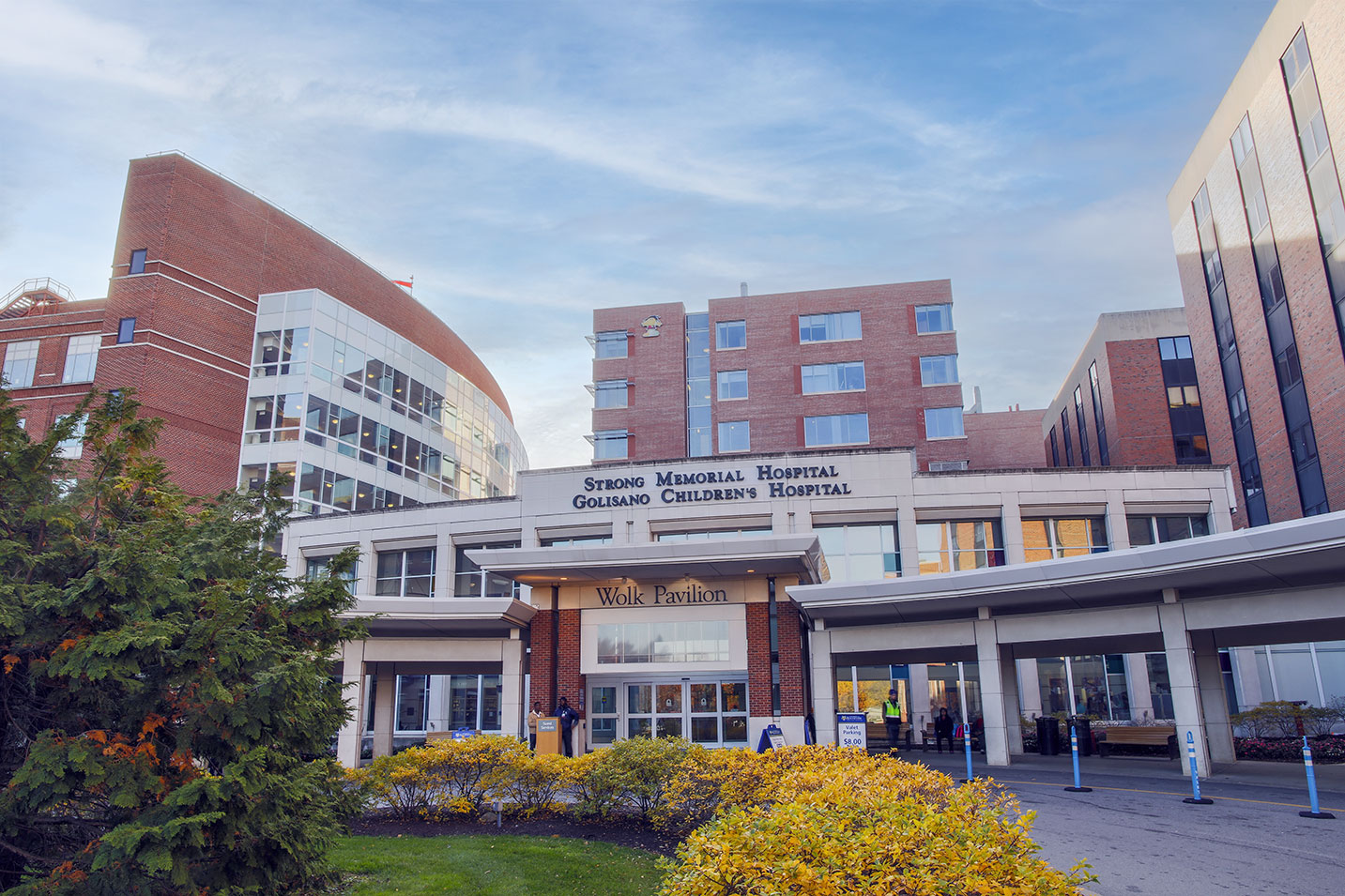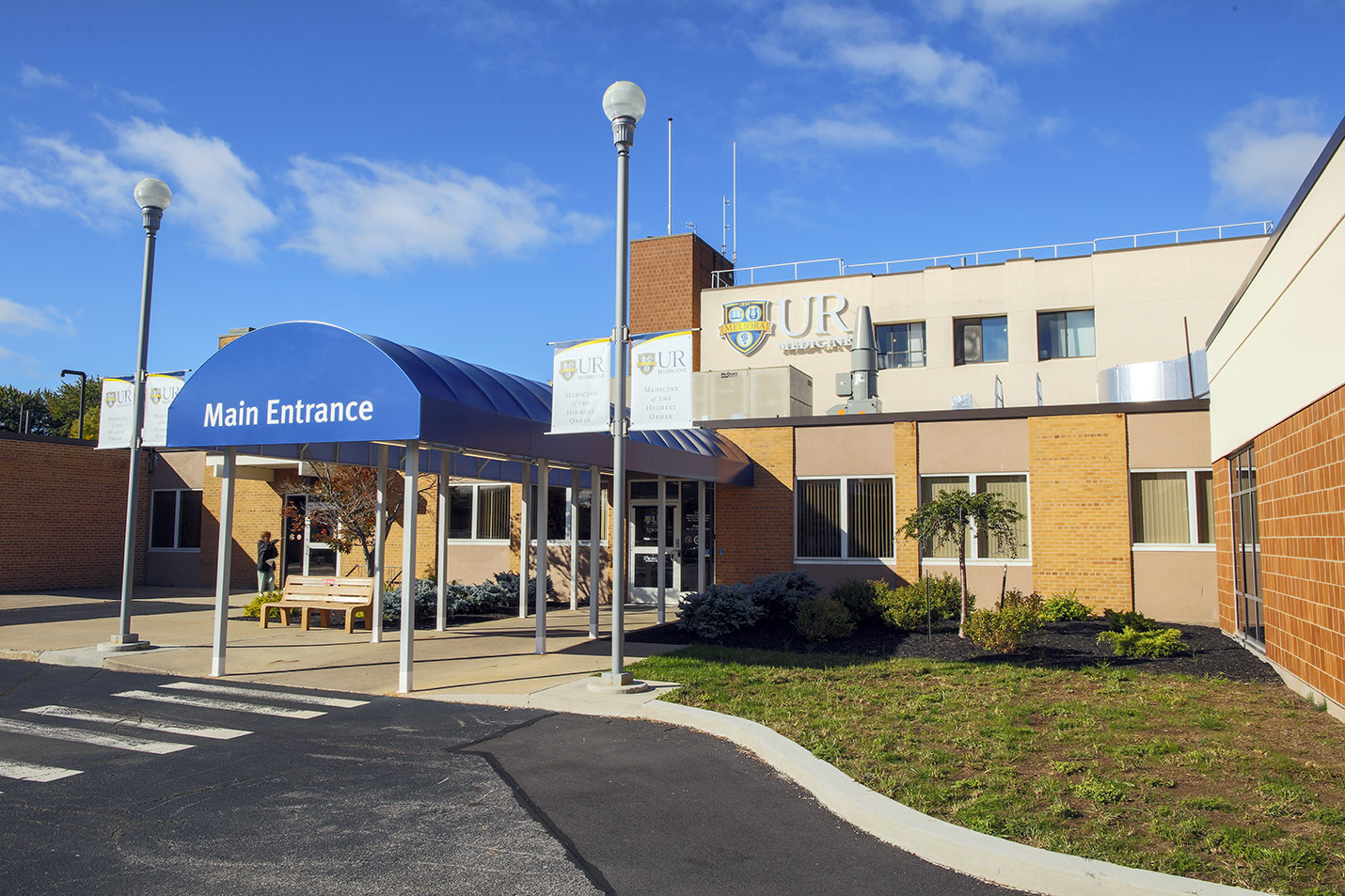Colonoscopy
What is a Colonoscopy?
A colonoscopy is a test in which a gastroenterologist looks directly at the lining of the large intestine (or colon) using a small, flexible camera. Colonoscopies are most commonly used to screen for colorectal cancer.
This test can also be used to identify or treat:
- Colon polyps
- Tumors
- Ulceration
- Redness or swelling (inflammation)
- Pouches (diverticula) along the colon wall
- Narrowed areas (strictures) of the colon
- Any objects that might be in the colon
During a colonoscopy, your provider might remove tissue or abnormal growths, called polyps.
UR Medicine's Approach
We offer state-of-the-art services provided by nationally known physicians with the most experience and training in the Rochester region. At UR Medicine, we offer standard screening colonoscopies as well as colonoscopies for those who are considered high-risk.
Colonoscopies can be used to diagnose and even treat certain conditions. Screening is recommended for adults every 10 years starting at age 45, but you may be eligible for early screening if you have a family history of colorectal cancer or certain medical conditions.
Your provider may suggest a colonoscopy if you:
- Have a family history of colorectal cancer
- Experience symptoms such as chronic diarrhea, bleeding, or pain with bowel movements
- Are at an increased risk for colorectal cancer
- Have certain conditions, such as inflammatory bowel disease, including Crohn’s disease or ulcerative colitis
A narrow flexible tube, mounted with a camera and light, is inserted into the lowest part of the small intestine above the colon. You may be fully or partially sedated. As the camera makes its way through your colon, your provider is looking for any abnormalities. They’ll even get a second look as the camera exits your colon.
Tiny tissue samples, called biopsies, may be taken during the test. Your provider can also remove polyps at this time.
Colonoscopies can take as little as 15 minutes, with most ranging from 20 to 40 minutes.
After the test is over, you’ll recover in a hospital room for about 45 to 60 minutes.
The key to a successful colonoscopy is following your preparation instructions. Your UR Medicine provider will walk you through them step-by-step. Colonoscopy prep usually includes following a special diet and taking a powerful laxative in the days leading up to the test.
What Sets Us Apart?
No matter the results of your colonoscopy, you can rely on UR Medicine’s experts to provide extraordinary care.
Wilmot Cancer Institute has a vibrant, leading program in colorectal cancer. We use newer medical approaches to minimize the impact of colorectal surgery. We do gene testing on all biopsies, and our surgeons are well-versed in the most advanced procedures. We also offer clinical trials.
Our Division of Gastroenterology and Hepatology provides leading-edge care in a collaborative way, bringing together experienced physicians from related disciplines to treat your condition from every angle.
Locations
View All LocationsWe serve you in the Rochester metropolitan area and surrounding region.
View All Locations3 locations
Surgery Center at Sawgrass
180 Sawgrass Drive, Suite 230, 2nd Floor
Rochester, NY 14620
Ambulatory Care Center at Strong Memorial Hospital
601 Elmwood Avenue, Ambulatory Care Center, 4th & 5th Floor
Rochester, NY 14642
Ambulatory Surgical Center at Strong West
156 West Avenue, Suite 107
Brockport, NY 14420


